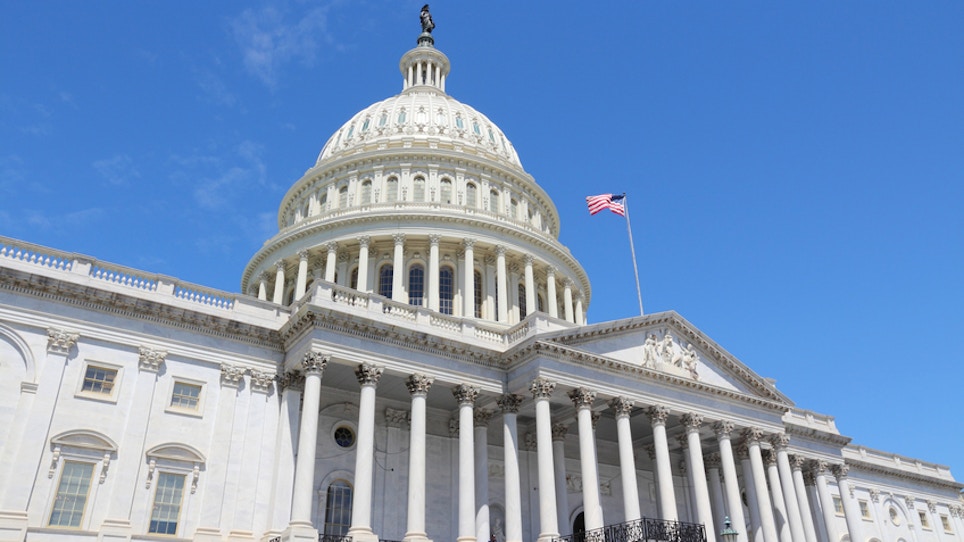Four competing gun control measures failed to pass a Senate procedural vote June 20 after lawmakers voted largely along party lines to prevent it from moving to a final bill.
In the wake of the alleged terrorist shooting in Orlando that killed 49, U.S. lawmakers forwarded new gun control bills that would have barred firearms sales to potential gun buyers on secret FBI terrorist watch lists, made changes to the mental health exception for buying a gun, and expanded background checks to private firearms sales.
Two Republicans and two Democrats crafted the competing proposals, which were included as amendments to a Justice Department funding bill.
Democrat California Sen. Dianne Feinstein's terror watch list bill would have barred anyone on the secret list from buying a firearm — even those that were on the list and removed within the last five years. Republican Sen. John Cornyn (Texas) crafted a similar bill, but his would have mandated a three-day delay and would have required a judge to sign off on the gun purchase prohibition.
Connecticut Democrat Sen. Chris Murphy, whose 15-hour filibuster on the Senate floor last week prompted the June 20 votes, forwarded a measure that would have required background checks for firearms sales between private citizens who are not related. The amendment would have allowed for temporary transfers at a shooting range, during a hunting trip or "a temporary transfer that is necessary to prevent imminent death or great bodily harm, if the possession by the transferee lasts only as long as immediately necessary to prevent the imminent death or great bodily harm."
Murphy's amendment failed in a 44 to 56 vote, largely along party lines.
A fourth proposal forwarded by Iowa Republican Sen. Chuck Grassley would have allowed some who were barred from purchasing a firearm due to mental health concerns to appeal their disqualification.
"Voters can now see where their Republican senators stand. That will have consequences in November," Murphy told the Hartford Courant after the vote. "Republicans are essentially giving the middle finger to 90 percent of their constituents and that won't go unnoticed."
The failed gun control laws come as President Obama and other Democrats point to the availability of certain firearms like the AR-15 as a main cause for terrorist mass shootings. The Orlando attack is the largest mass public shooting in American history and is the second such terrorist attack conducted with AR-15-style rifles.
The largest mass public shooting before Orlando was the Virginia Tech attack in 2007 where 32 people were killed. The attacker used handguns for his crime.
Despite the political wrangling over increased gun control as a response to the Orlando attack, a recent Gallup poll shows mixed results on what Americans actually favor for solutions.
While the Gallup survey shows a slight plurality of Americans believe the Orlando shooting was a terrorist attack, 63 percent think making it harder to buy so-called "assault weapons" would be effective to prevent further incidents, with 84 percent of Democrats feeling AR-15 bans would work and only 43 percent of Republicans agreeing.
Surprisingly, 64 percent overall feel it would be effective to change "state gun laws to allow more people to carry concealed weapons if they pass a background check and complete a training program," with 83 percent of Republicans advocating more concealed carry and only 45 percent of Democrats agreeing.






